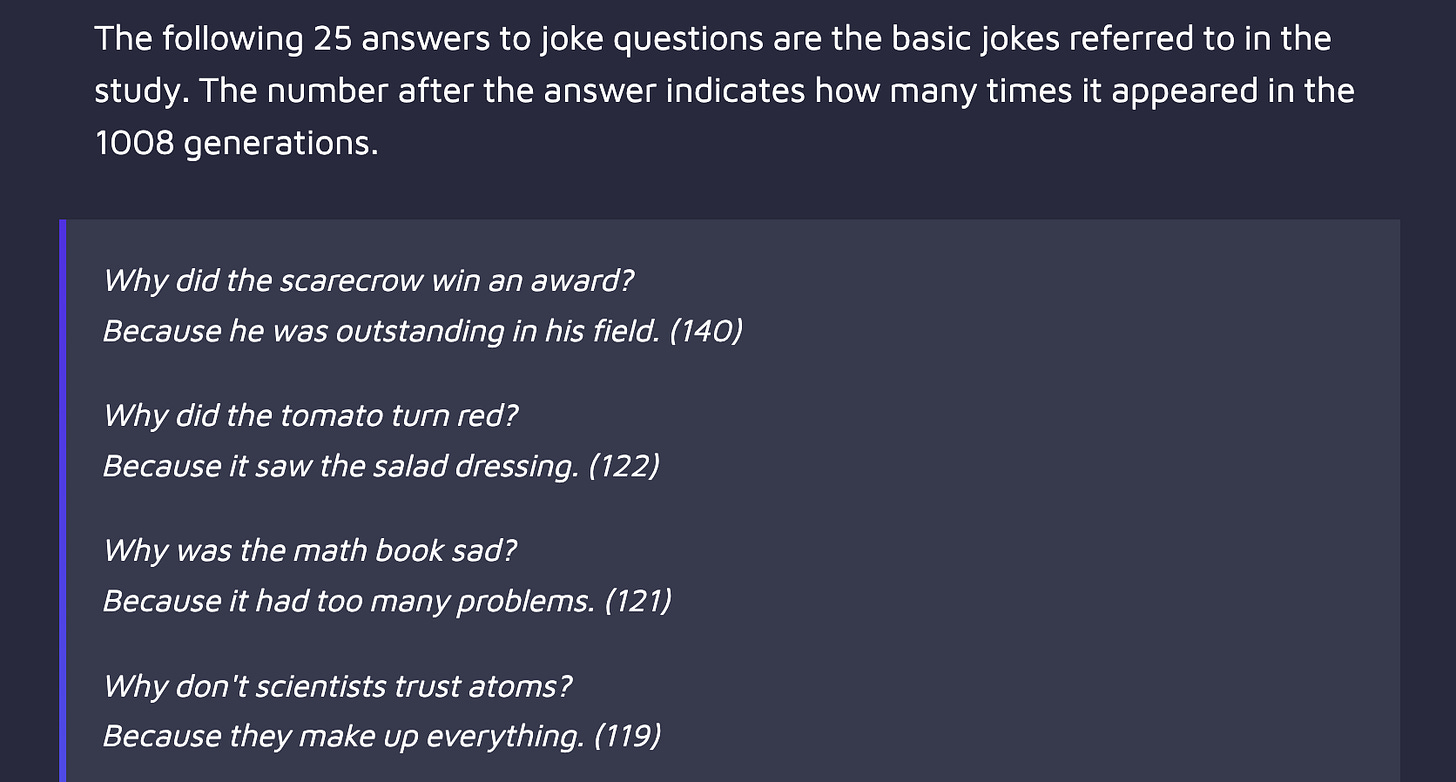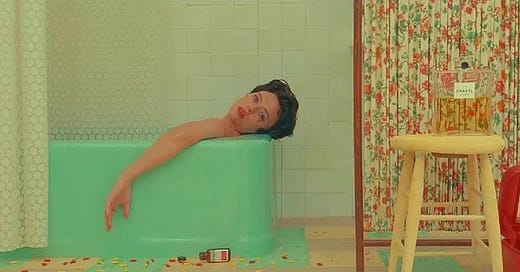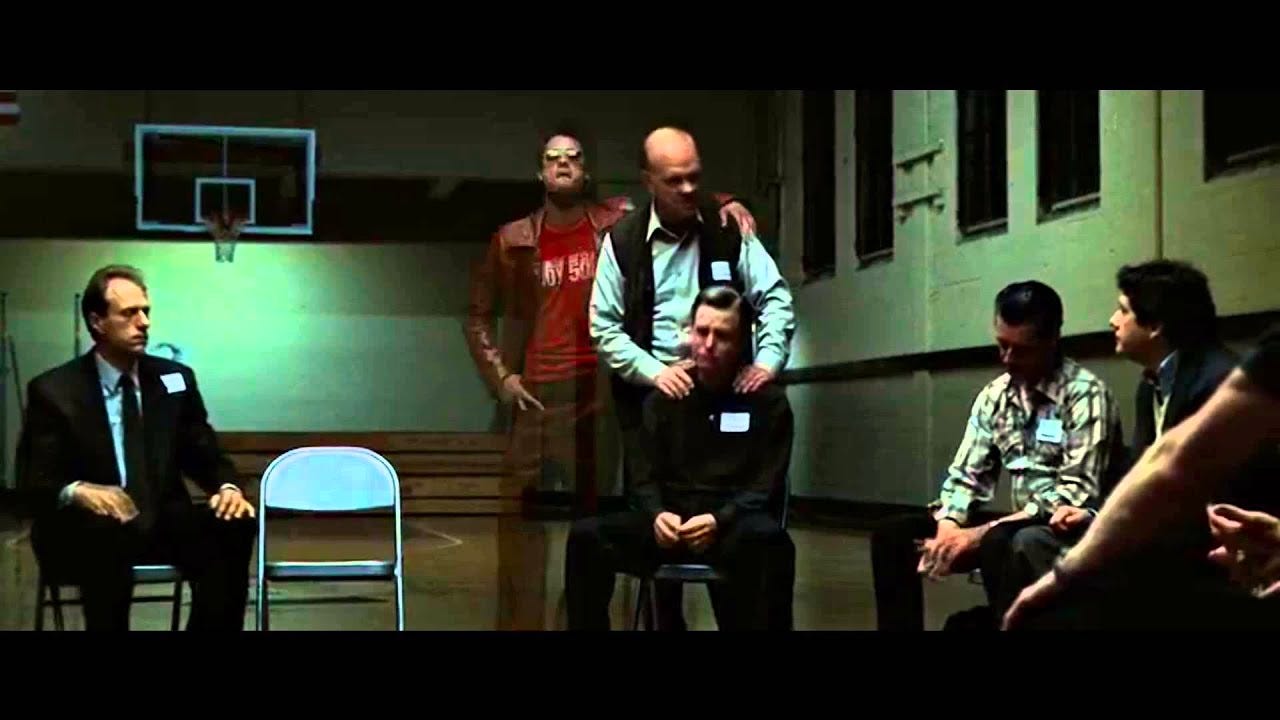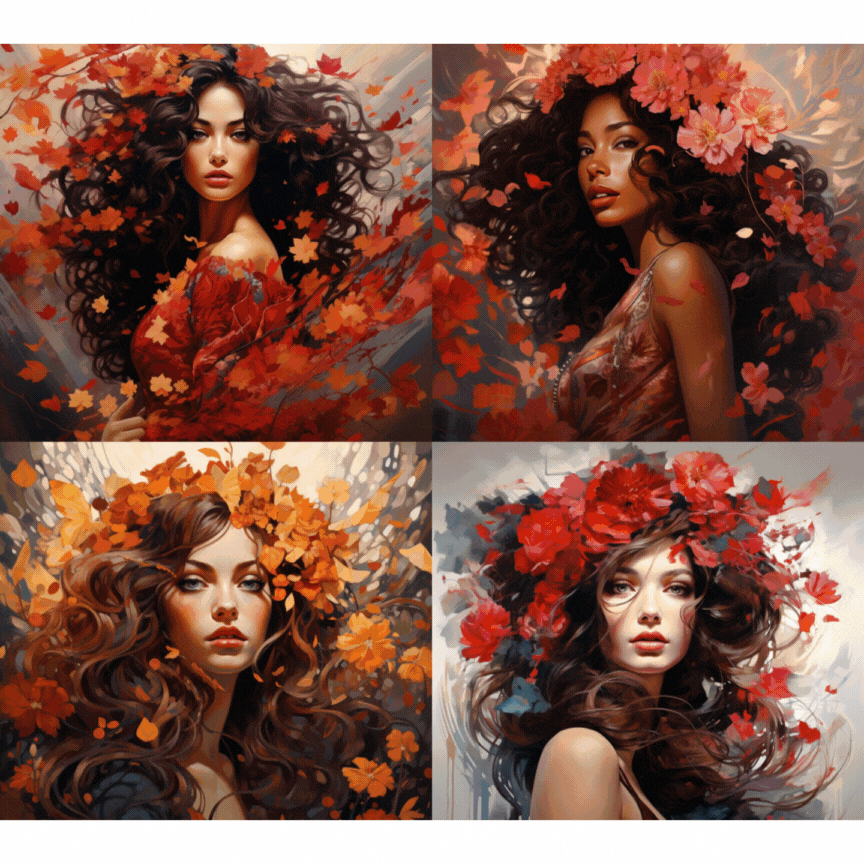AI will not kill Hollywood
Or why mathematically average storytelling won’t tell all the stories that need to be told, but instead create new opportunities for untold stories
Disclaimer: This essay is not meant to counter the labor negotiations with the Writers and Actors Strike. These folks deserve to be paid fairly and to protect their work and their likeness, and I applaud their efforts to rebalance power in the entertainment industry. My goal here is to shed real light on how AI tools work and their limitations in the context of storytelling.
Telling a good story is hard. Writing, illustrating, or filming a good story is even harder.
To create a good story, you need to do at least three things:
Decide *if* a story should be told.
Decide *how* to tell a story.
Actually *tell* the story.
Writers, actors, and producers in Hollywood and other fields all do an amazing job at all 3 steps, with time and effort. Many people are concerned that AI will replace these talented folks. I believe their roles will evolve, but they cannot be entirely replaced by AI.
Over the last 6 months, I have been using AI to produce personalized and interactive stories for children with Anansi. Through that work, I have found the edges of what AI is capable of (for now), why I think a human still needs to be in the loop, and why I think AI content will open new genres but not replace existing ones.
A mathematically average story premise
AI systems only produce what you want them to produce. Want to write a story about baby penguins going to outer space? AI can do that. Want to write a story about Baby Hitler? AI has your back (yes, I saw a product produce this, and it was extremely uncomfortable).
This goes back to #1: Decide *if* a story should be told. An AI is only going to tell a story if a human tells it to write a story. Sure, you can leave it open to the AI to decide, but you quickly get into a world of regressing to the mean. If you ask GPT-4 to tell you a joke, it will do exactly what it was built to do: tell you the mathematically most likely response to your prompt. There’s a little chaos thrown in, but this is why if you ask GPT-3.5 to tell you a joke, it responds with the same 25 jokes. For children’s stories, I quickly learned that the AI wants to tell you a story about finding lost treasure. So much so that, even if you say, “Tell me an educational story about a child exploring a Mayan Temple; it takes place in the real world, do not include any fictional aspects”, the AI still really wants the child to find hidden treasure in the rooms below the temple.

For an AI to produce a story that isn’t the mathematically average story, a human has prompt engineer the AI to tell a different story. In other words: a human still needs to decide what story needs to be told and if it should be told to an audience.
Hollywood and all artists are constantly deciding if a story should be told. I don’t think AI poses a threat to this skill or this need. It just feels scary because AI is so good at producing a first cut… but as soon as you do the same prompt 20-100 times (without human intervention), it’ll feel stale and boring.
A mathematically average story outline
When it comes to #2, the AI also struggles with how to tell a story without human intervention. All the steps that, once you have a story premise, come next to create the structure of the story.
I remember when I was 18 or so, and watched Memento for the first time. My teenage mind was blown. Or watching Fight Club for the Nth time, and noticing all the foreshadowing to the final twist. AI… cannot do this.
What AI is good at is, repeating myself, coming up with a mathematically average story outline. It’s always linear, it does a terrible job with twists, and if you get any foreshadowing it’s a happy accident. There’s no shift in perspective and little to no motivation for any characters.
All of this is “by design”: A large language model predicts the most likely next words or characters. It doesn’t have a memory or a mental model of a story, so it can’t naturally do satisfying storytelling tactics like setup-and-payoff, Chekov’s gun, jokes, thematic consistency, or character development. It also doesn’t edit; it’s just a stream of consciousness.
Things improve a bit when you break the creation of a story outline into multiple pieces and explicitly ask for plot elements, but that requires a human to decide how to subdivide and structure the story outline. For instance, with Anansi, the first version of my story engine just asked the AI to tell a story. It did as I asked it, and because I was doing a choose-your-own-adventure style story, it often lost context. Stories felt aimless or random at best.
Fast forward to today, and I have much better results by pre-fetching a goal and challenge before writing any story text, but I still have to do some prompting gymnastics to ensure story continuity, and that story choices are meaningful. There’s still much more to improve here, but I feel like my role as a prompt engineer is more about battling with the AI than I have any concerns about it replacing me.
And mathematically average execution
Once you have a story premise and outline, we’re onto #3: Actually tell the story in film, images, text, or audio. Hollywood is known for its writers, actors, and directors, who all leave their unique fingerprints on a work of art. AI will not replace the need for these artists.
For instance, over the last 6 months, I’ve struggled to add texture and depth to an Anansi story, the stuff that makes a story feel interesting and have character. Like how you always know it’s a Wes Anderson movie. These things don’t come for free using any AI model. If you want to make a story sound like something, you have to ask it: There’s human judgment in the loop.
When I first started Anansi, I was just learning how to add texture and depth. Here’s an example intro, written for my (then) 4-year-old daughter:
Once upon a time, there was a little girl named Alanna who lived in a small town with her family. She was always curious and loved to explore the world around her. One day, Alanna decided to go for a walk in the woods near her home. As she walked, she noticed a small, glittering light in the distance. Intrigued, she followed it deeper into the woods. Suddenly, she found herself in a beautiful clearing filled with colorful flowers and sparkling butterflies. In the center of the clearing, she saw a glowing portal. “Wow,” Alanna said in awe. “What is this place?” Just then, a voice called out from the portal. “Come closer, young one. I can answer all your questions!” Alanna cautiously stepped closer to the portal.
Here are my reactions to this *old version* of Anansi (circa Feb 2023):
Piques my interest a little.
There are a lot of words in there that a 4-year-old would not understand.
I’m getting some stranger-danger vibes.
Contrast that to now (circa July 2023):
Alanna and Gramma Helen lived in a cozy cottage, surrounded by trees and flowers.
"We have a big adventure ahead, Gramma!" Alanna said.
Gramma Helen smiled. "Yes, we do, my brave girl. We must find the magical rainbow gem hidden in the enchanted forest."
Alanna's eyes sparkled. "How will we get there, Gramma?"
Gramma Helen showed Alanna a map. "See this river? We must cross it, but there's a scary bridge guarded by a grumpy troll."
Alanna gulped. "What should we do, Gramma?"
Changes I’ve made to the system include:
Tuning the reading level to be age appropriate
Incorporating more dialog
Reduction in mysterious strangers 😛
I’ve made a conscious choice not to cite any specific authors or works in Anansi’s text prompts (for ethical reasons) but instead use my own writing to shape the prose. I hope the above illustrates how much the AI needs a human in the loop to produce anything approaching reasonable quality.
Let’s take images as another example of how the mathematically average response lacks texture. Midjourney (probably the highest quality AI-image generator available) produces beautiful images… but if you type in something like “a beautiful woman”, you run into the following issues:
They all look the same
They’re all kind of optimized for the male gaze 😬
They’re anchored in a version of beauty that will likely be outdated within the next decade
Apparently, beautiful also means flowers everywhere 💐
Compare these images to who you see on the Hollywood screen. Hollywood actors usually have “a thing” that makes them unique: Angelina Jolie’s lips, Owen Wilson’s nose, and Rami Malek’s eyes. We don’t like boring.
Beyond the visuals, there’s also the execution. The best actors are able to deliver a line or communicate with body language with artistry. I recently watched Asteroid City. I’ve never really been that into Scarlett Johansson, but wow did she play dead convincingly. Now imagine your average death scene in a film. Do you think that everyone will want to watch that forever, whenever a character dies? I know I don’t. We need actors to elevate the stories we choose to create with amazing execution, or we’ll get bored.
AI scares us right now because the demos are so compelling, but they’re just that: demos. To create real, interesting stories and content, there has to be a human in the loop.
AI *will* transform Hollywood
I’m not a fortune teller and don’t have experience working in Hollywood, but here’s my armchair view on a more likely trajectory for AI in Hollywood.
I don’t think it’s about AI-generated scripts. I do think it’s about AI-assisted scripts; in 10 years, anyone who writes without an AI copilot will be at a disadvantage. It’s a great cure for writer's block and copy editing. Just as GitHub Copilot is now responsible for almost 50% of all code written on Github, we’ll find more and more writing is co-written with AI: it’s great at spotting errors, offering alternative phrasing, etc. Maybe it’ll even help authors reinforce their own voices in the future.
It might also get easier to create indie films. As a solo entrepreneur, I can create content cheaply to enable my product and marketing. My business probably wouldn’t even exist in a pre-AI world, because the profit margins aren’t there otherwise. I’m hoping that folks in Hollywood embrace the opportunity to shift power, and as a result, we see a proliferation of new content.
Going hand-in-hand with that, I think there will also be some cultural backlash against purely AI-generated content. Not because of the ethics (it’s complicated), but because it’ll just be kind of mid. Paired with the democratization of production, I hope we see a renaissance of content that feels unique and representative of an artistic vision.
On the flip side, I’m not optimistic about the jobs for entry-level folks (copy editors, extras, etc). This time will be disruptive and hurt some people and their families. But there are two ways to look at this, and I don’t know which is true: 1) There are fewer folks in the industry, but they will get to spend more time doing the work they love, or 2) Folks who were grinding away at low-level jobs now have more opportunities to do more prestigious work because the power balance has changed.
Now, the elephant in the room: Rights and royalties. As we enter this next wave of content creation, we need to appropriately protect and compensate the artists. And I do think that deep fake technology and the ability to cheaply make derivative content make the conversation about rights and royalties much more acute. But these issues existed before the Generative AI era. That’s why there already exist things like likeness laws. I’m not opposed to writers and actors using this moment to disrupt the Hollywood machine, but I worry about using the wrong arguments and the missed opportunities as a result.
AI will create new genres
So… what is AI good for when it comes to storytelling? I think AI will be incredible at enabling two new kinds of content:
Content that was previously too niche to be profitable
Content that allows the audience to choose
Beyond being a groundbreaking movie, Everything Everywhere All At Once was notable because of its Asian cast. Representation in media is still a huge problem. With AI, we can finally create stories that represent the diverse fabric of humanity. I would have killed for a story about a half-Chinese girl of divorced parents when I was growing up. With AI-assisted storytelling, an LGBTQIA+ kid in a wheelchair might be able to find themselves as the protagonist in an infinite number of stories. That seems worth celebrating and investing in (and part of why I’m building Anansi).
Anansi is also exploring creating content where the audience gets to choose what happens next. Choose Your Own Adventure stories are a beloved genre, and modern video games have been building on that premise for years… but are ultimately constrained by development budgets on how many forks there can be. AI can remove that constraint. This is a new genre of audience-led content, where the audience is the author. It’s basically media-assisted imagination. Anansi isn’t the only player in this space, and I’ll be excited to see how the industry matures as AI advances.
But note: Each of these genres will likely require some human’s vision to guide the AI to create the scaffolding and texture of each story. In the future, consumers will likely have brand preferences for their AI-generated content, and there will be humans behind those brands.
There are still stories that need to be told
Humans thrive on stories. They help us learn and grow. They evolve us. Saying that AI will replace Hollywood is like saying humans are stuck forever in the most mid content of 2021.
We can’t and shouldn’t be satisfied with the mathematically average story, and I don’t think we will be. When it comes to storytelling, humans can’t be replaced by AI.
To get access to Anansi’s personalized, audience-led children’s stories, visit https://www.storiesbyanansi.com.






